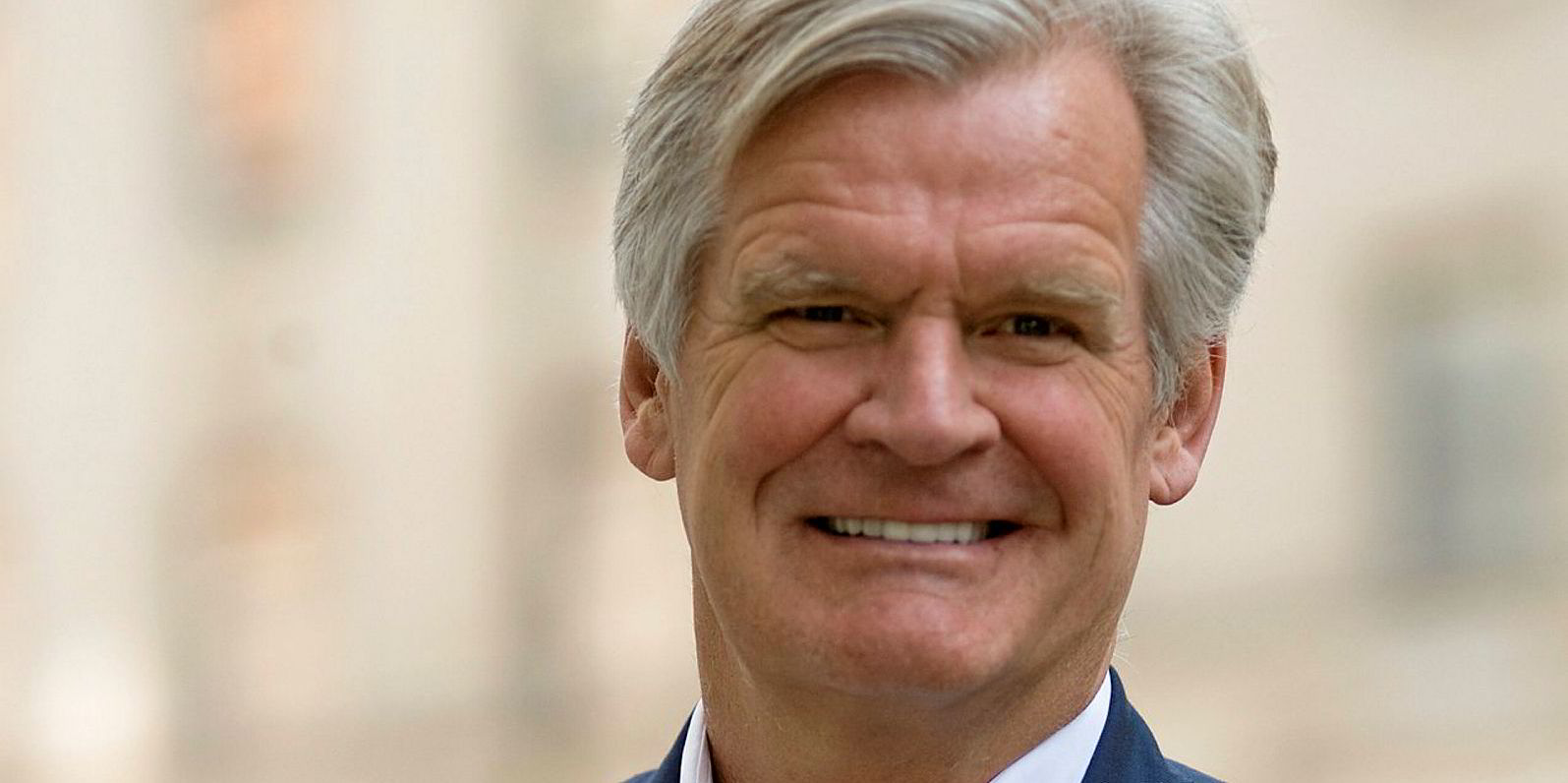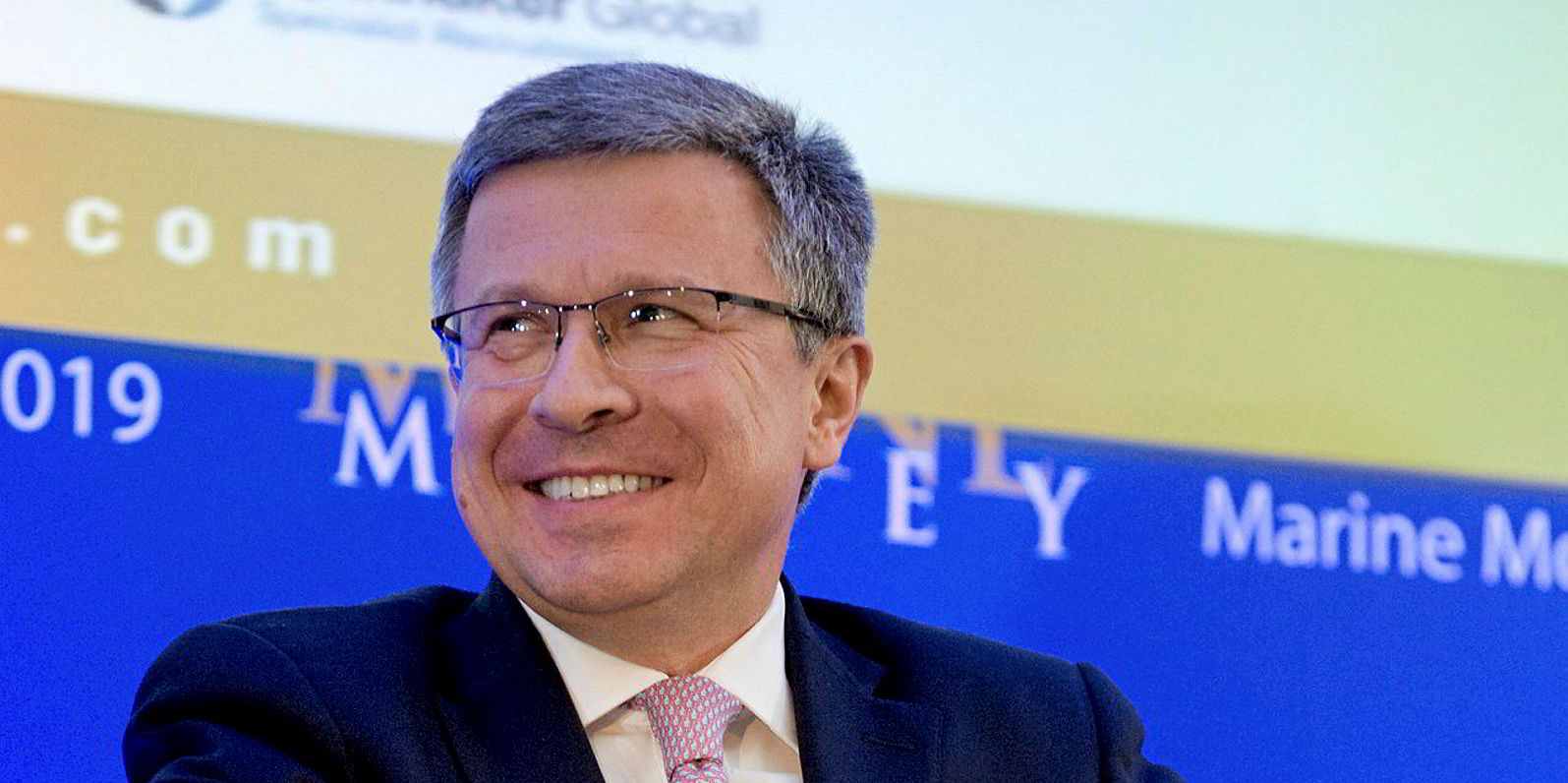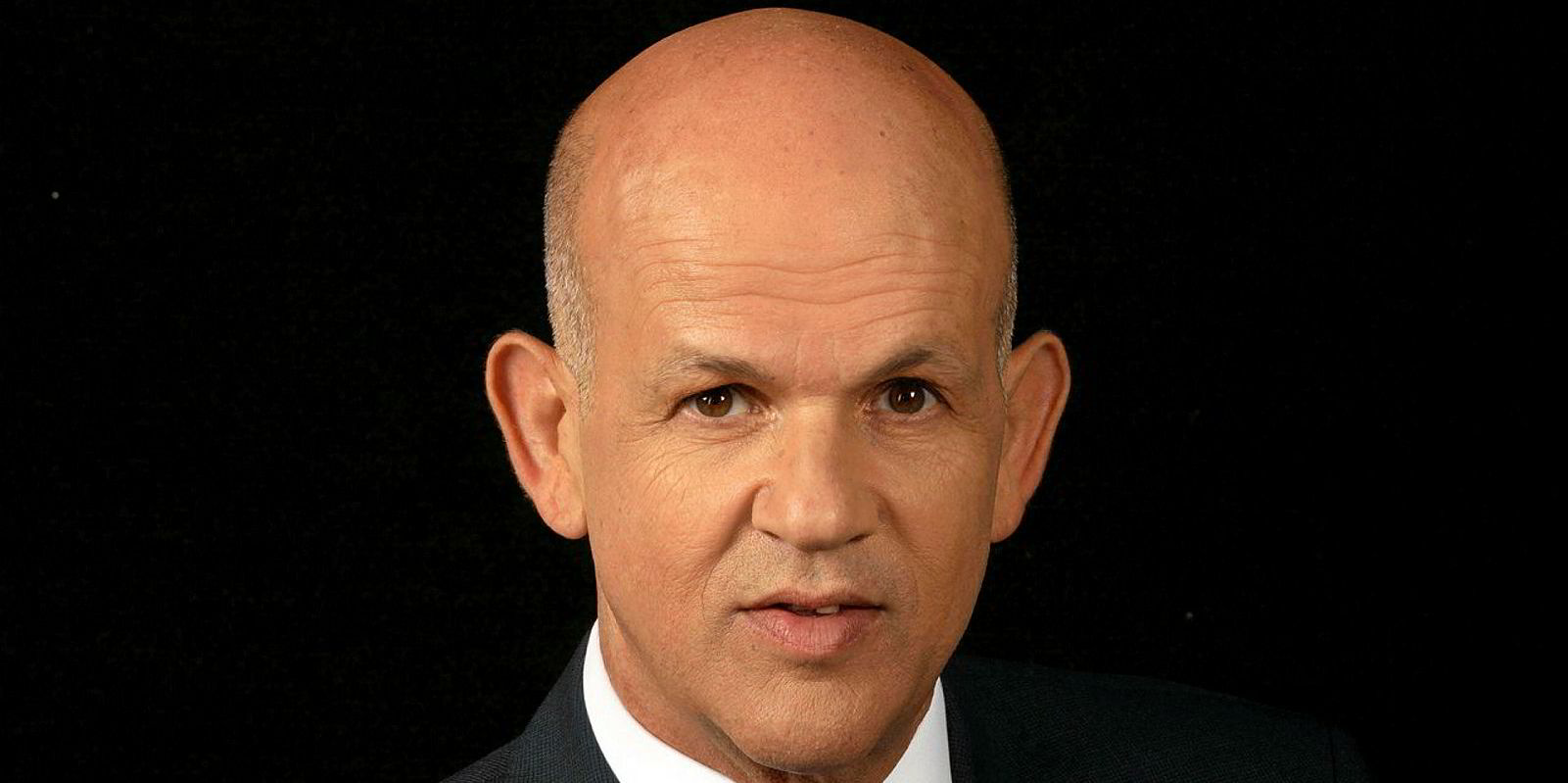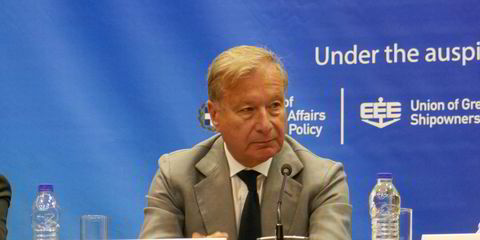Russian state shipowning giant Sovcomflot (SCF Group) is close to finally carrying out a long-planned initial public offering (IPO) in Moscow.
The company said it plans to raise at least $500m by listing on the Moscow Stock Exchange, as it eyes further expansion.
The deal could value it at roughly $10bn, two sources familiar with the deal told Reuters.
They added that the IPO could be carried out in early October and there is strong interest in Russia from potential "anchor investors." Foreign investors can also take part, but the Russian state will remain in control.
The company has provided no valuation guidance.
Valuation estimates 'reasonable'
One banker involved in the deal told Reuters that Sovcomflot's peers trade at up to 12 times their expected Ebitda, which in Sovcomflot's case was $1.03bn in the year to 30 June.
Another source said a valuation range between $7bn and $10bn was "reasonable".
The Russian company said its fleet of 146 tankers, LNG carriers and offshore support ships has a book value of $6.2bn.
VesselsValue assesses the operational fleet as worth $4.37bn.
The IPO has been a long-standing ambition of the group since at least the mid-2000s.
Previous plans had involved the state selling 25% of the shipowner, but the latest deal will involve an unspecified amount of new shares, while the government will retain all its stock.
The state owns 100% of the company currently.
Talk of a float had gone quiet since the start of 2019, when depressed freight markets put the plan on hold again.
Momentum had also built behind an IPO in 2017 and 2008, but the final push was never made.
Moscow always in pole position
Moscow has always been the favoured venue, but New York had also been mooted as a possibility at one stage.
Sovcomflot chief executive Igor Tonkovidov said in a statement that the group's strategy remains focused on maintaining its "preferred carrier" status with major oil and gas companies by renewing and expanding the fleet.
There will be a "particular focus on the industrial projects that have historically provided long term predictable cash flows and profitable returns on invested capital," he added.
The CEO said: "We are excited to begin a new chapter in the history of SCF. The offering reinforces our position as a global leader in the maritime transportation of hydrocarbons and expands our access to international capital markets."
Green push to continue
Sovcomflot believes the IPO gives investors the potential to gain exposure to the global energy sector, and in particular operations in harsh polar environments.
Cash will go towards general corporate purposes, including investments in new assets, with a focus on industrial projects, decarbonisation and further deleveraging of debt.
TTB Capital, Citigroup Global Markets, Sberbank CIB, JP Morgan and Bank of America Securities are acting as joint global coordinators and bookrunners.
The move is being made following "instructions from the Russian government," Sovcomflot said.
The shipowner pledged further information relating to the offering "in due course."
Big newbuilding programme
Sovcomflot has 15 Arc7 LNG carriers on order at Russia's new Zvezda shipyard, 14 of which are contracted through its Smart LNG joint venture with Russian energy company Novatek.
Previous Arc7s ordered in South Korea cost around $340m each. The company has 24 vessels on order in total.
As part of its pitch to investors, Sovcomflot pointed out its contract backlog stands at $20bn, including work for newbuildings, with an average duration of 23 years.
It is targeting 70% of time charter revenue from industrial projects by 2025.
The group has "conservative" leverage of 2.7 times net debt compared to adjusted Ebitda, with a long history of raising finance in international capital markets, Sovcomflot said.
And the company is targeting dividend payouts of at least 50% of net earnings. The shipowner's guidance for this investor handout in 2020 is $225m.
The Russian owner has pioneered the world’s first LNG-fuelled aframax tankers, and continues to increase the amount of LNG used by its ships, from 8% in 2017 to 15% in 2019.









